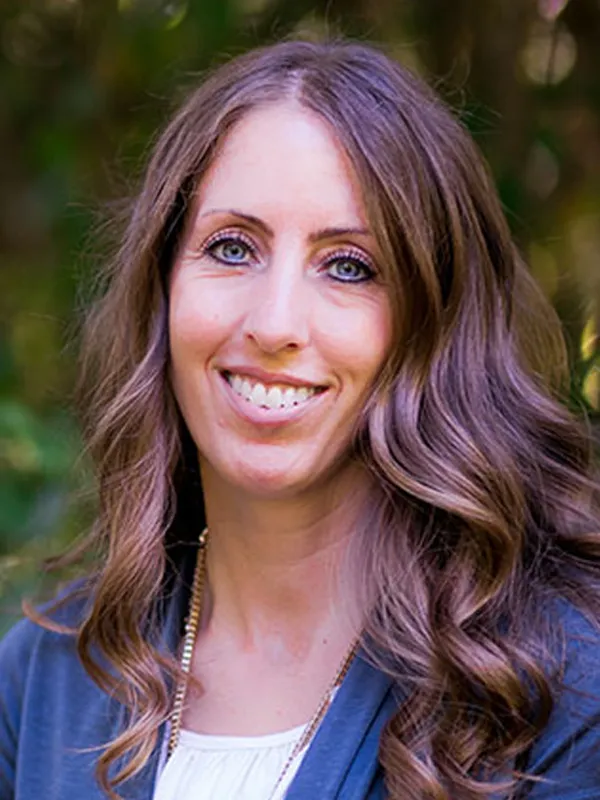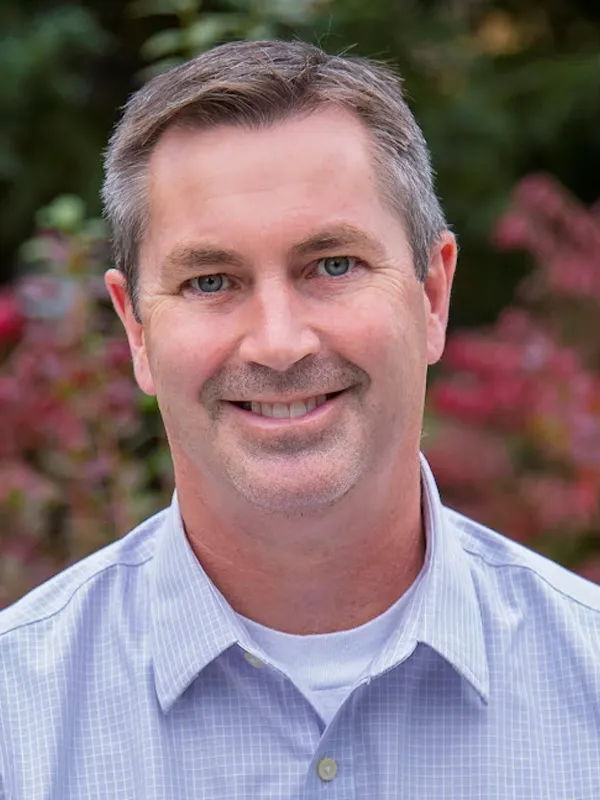
In many parts of the country, especially in rural areas and fast-growing outpatient surgical centers, access to anesthesia care is evolving. It’s no longer limited to large urban hospitals. Certified Registered Nurse Anesthetists (CRNAs) are stepping into vital roles, bringing safe, high-quality care to patients who might otherwise have limited options.
At Advanced Anesthesia Services, we are proud to be part of this shift. Our team of CRNAs is helping expand access, improve outcomes, and support healthcare systems across Washington and beyond.
Bringing Expertise Where It’s Needed Most
Rural hospitals and community clinics across the country face a common challenge: a shortage of physician anesthesiologists. CRNAs help close that gap. As highly trained and board-certified providers, CRNAs deliver the full spectrum of anesthesia services, including pre-op evaluations, anesthesia administration, pain control, and post-op monitoring.
In many rural hospitals and smaller surgical centers, CRNAs are the sole anesthesia provider. This allows patients to stay close to home for care, reducing travel time and eliminating delays. The result is better access to routine procedures, urgent surgeries, and pain management, without sacrificing quality or safety.
Supporting the Growth of Outpatient Surgery
The shift toward outpatient care is one of the biggest trends in modern healthcare. Ambulatory surgery centers and office-based practices are growing rapidly, and CRNAs are essential to that growth.
Outpatient settings demand efficiency, flexibility, and clinical expertise. CRNAs are well-suited for this work. Their ability to manage a high volume of cases safely and effectively makes them ideal for facilities that prioritize same-day procedures and fast patient recovery.
These environments often run with lean, multidisciplinary teams. CRNAs provide the level of independent decision-making and hands-on care that allows outpatient facilities to run smoothly while maintaining high standards of safety and patient satisfaction.
Long-Term Trends Shaping CRNA Practice
Several national trends are contributing to the growing presence of CRNAs in rural and outpatient settings.
Increased Autonomy
More states are expanding CRNA practice authority. In states where CRNAs can work independently, their role is even more impactful. This autonomy allows for flexible staffing and opens new possibilities in areas previously underserved by anesthesia providers.
Demand for Cost-Effective Care
CRNAs provide safe, effective care at a lower cost than traditional anesthesia models. Hospitals and outpatient facilities benefit from reduced overhead without compromising patient outcomes.
Expanded Clinical Scope
CRNAs are doing more than administering anesthesia. Their training now includes pain management, procedural sedation, and full-spectrum perioperative care. This expanded skill set allows them to support a wide range of clinical needs in both acute and ambulatory settings.
Commitment to Equity and Access
Healthcare equity is an urgent national priority. CRNAs are playing a key role in making sure patients in remote or historically overlooked communities get the surgical services they need. By embedding skilled anesthesia providers directly into these communities, we help close gaps in care.
Our Commitment to Washington Communities
At Advanced Anesthesia Services, we believe quality anesthesia care should be available to everyone—no matter their ZIP code. Our CRNA-led model brings flexible, expert care to facilities across Washington, including rural hospitals, outpatient surgery centers, and office-based practices.
We are proud to support our partners in Snoqualmie and beyond. By delivering high-level care with a personal, local touch, our CRNAs are helping build stronger communities and healthier outcomes—one patient at a time.
If your facility is exploring CRNA-led care or needs support for surgical or procedural growth, we’d love to connect. Let’s talk about how our model can fit your needs.

